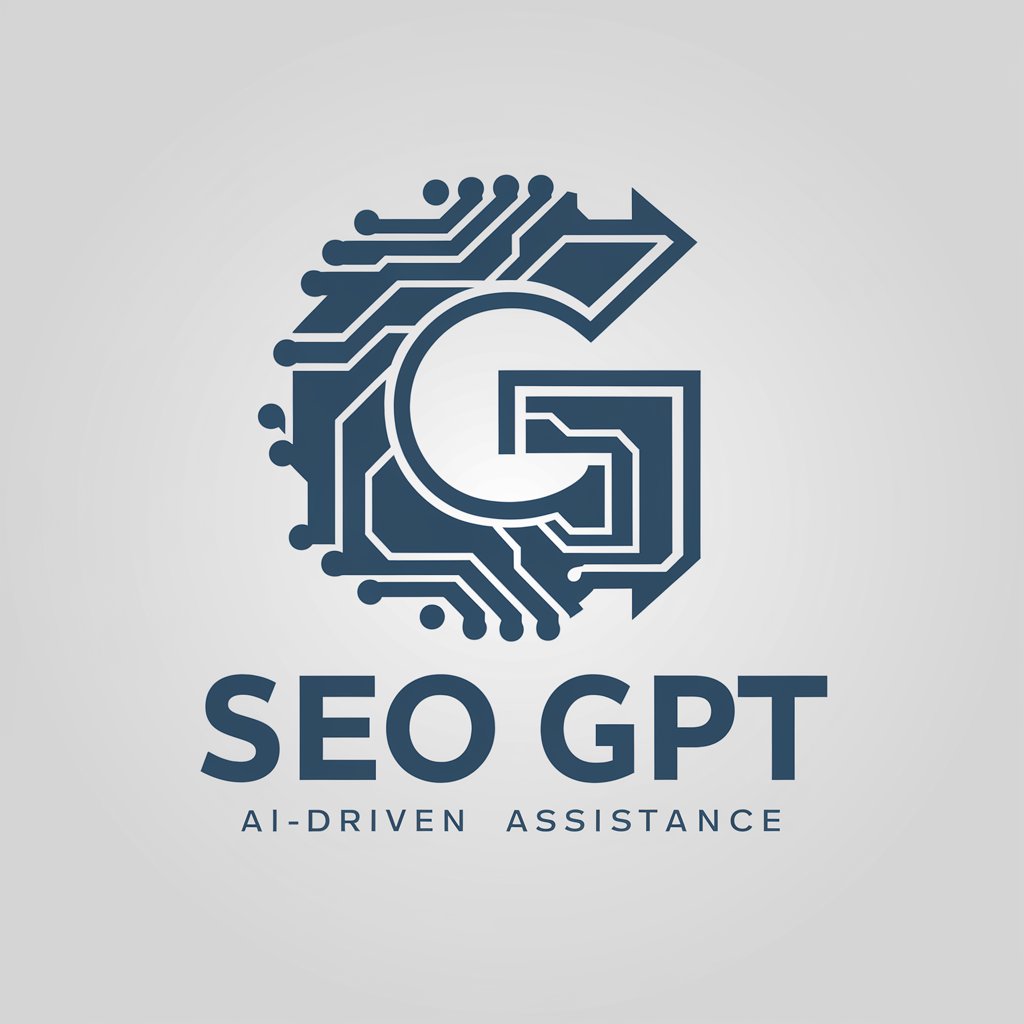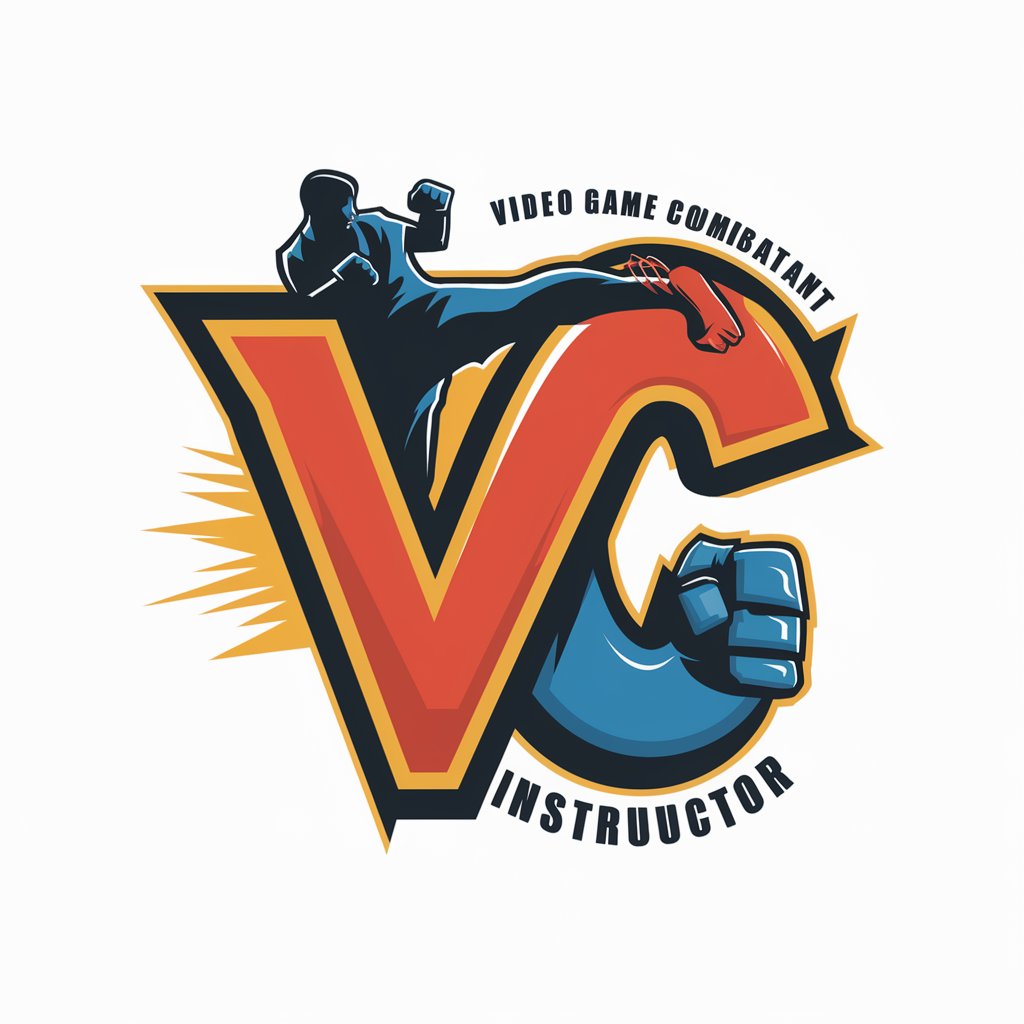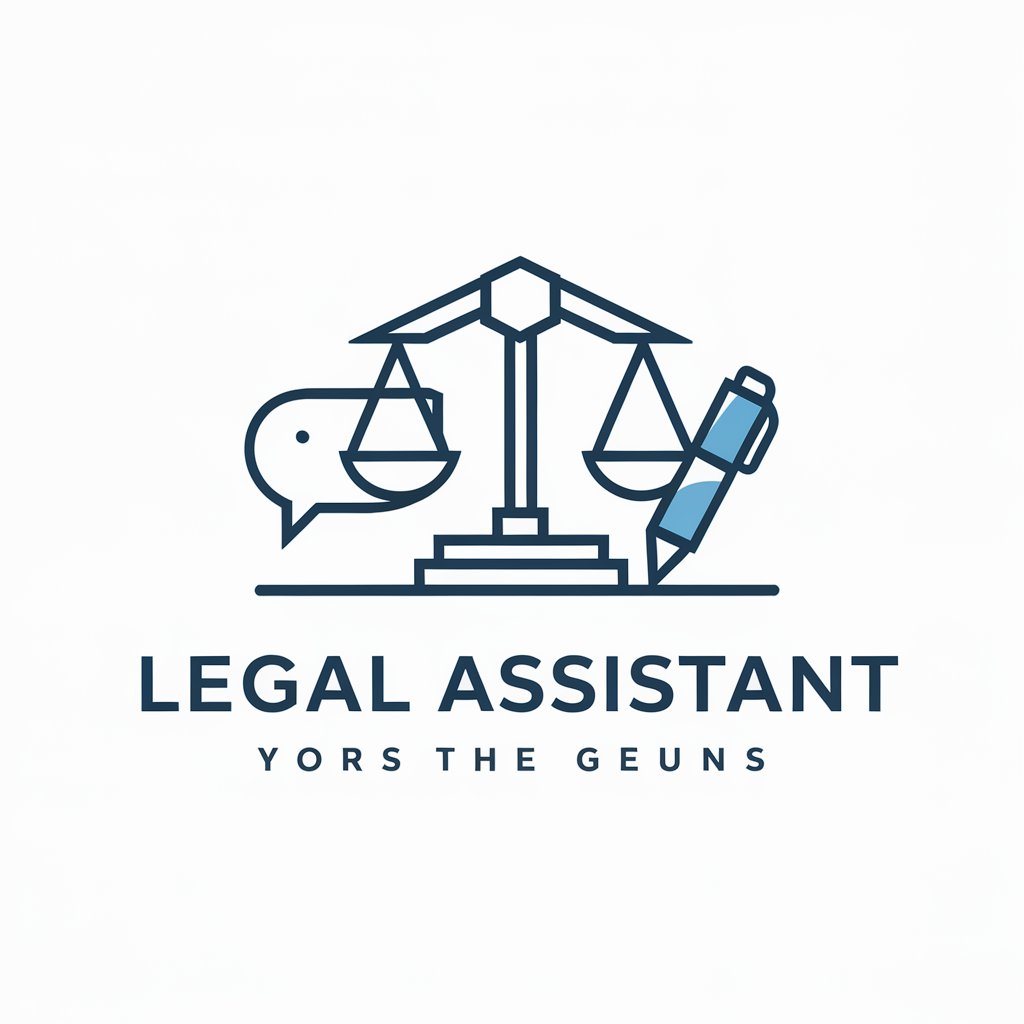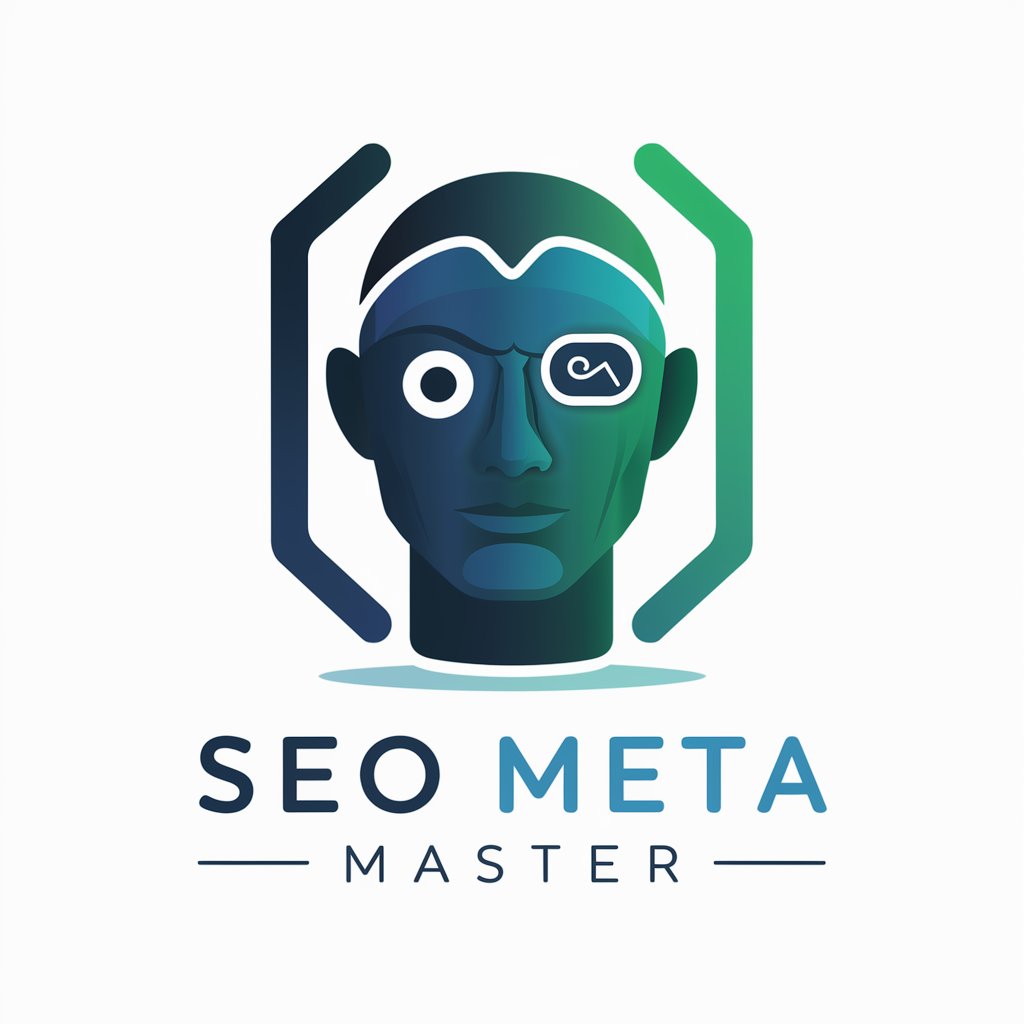
SEO - Comprehensive SEO Guide

Welcome to SEO GPT, your content optimization partner.
Empower Your Content with AI
Optimize your content by focusing on...
Enhance SEO performance with strategies like...
Increase organic traffic through...
Improve search engine ranking by...
Get Embed Code
Understanding SEO: An In-Depth Introduction
Search Engine Optimization (SEO) is the practice of enhancing a website to improve its visibility when people search for products or services related to the business in search engines like Google, Bing, and Yahoo. SEO involves making specific changes to website design and content that make the site more attractive to a search engine. The goal is for the search engine to display the website as a top result on the search engine results page (SERP). For example, if a website selling handcrafted pottery implements SEO strategies effectively, it will appear higher in the search results when someone searches for 'handcrafted pottery' or related terms. Powered by ChatGPT-4o。

Core Functions of SEO and Their Real-World Applications
Keyword Optimization
Example
Using targeted phrases like 'organic coffee beans' in the website content to rank higher in search results for those terms.
Scenario
A coffee retailer optimizing their website to appear in search results when potential customers search for 'organic coffee beans'.
Content Creation
Example
Developing informative and valuable content that meets the needs of and engages the target audience.
Scenario
A health blog creating detailed articles on nutrition and fitness to attract and retain a readership interested in healthy living.
Link Building
Example
Acquiring high-quality inbound links from other reputable websites to improve domain authority.
Scenario
A technology firm receiving links from industry-leading blogs and news outlets, enhancing its website's credibility and search engine ranking.
Technical SEO
Example
Improving website speed, mobile-friendliness, and indexability to enhance user experience and search engine ranking.
Scenario
An e-commerce site optimizing its loading speed and mobile layout to ensure a seamless shopping experience for users on various devices.
Local SEO
Example
Optimizing a business's online presence to attract more customers from relevant local searches.
Scenario
A local restaurant improving its Google My Business listing to appear prominently in local search results and attract nearby diners.
Who Benefits Most from SEO Services
Online Businesses
Online retailers, e-commerce sites, and digital service providers benefit from SEO as it enhances their visibility in search engine results, driving organic traffic and sales.
Content Creators
Bloggers, journalists, and media websites use SEO to increase their content's reach, engage with a wider audience, and improve their site's authority and relevance.
Local Businesses
Physical stores, restaurants, and local service providers benefit from local SEO to attract more customers from their geographic area, increasing foot traffic and local sales.
Marketing Professionals
SEO specialists, digital marketers, and content strategists utilize SEO to optimize their marketing efforts, ensuring higher ROI on campaigns and brand promotion activities.
Educational Institutions
Schools, universities, and online education platforms use SEO to attract students, improve enrollment rates, and provide educational resources more effectively.

Guidelines for Using SEO
Start Your Journey
Begin by exploring yeschat.ai for a hassle-free trial. Experience advanced SEO tools without the need for a ChatGPT Plus subscription or even signing in.
Keyword Research
Identify your target keywords using SEO tools and platforms. Focus on keywords relevant to your content's topic, considering search volume and competition.
Content Optimization
Incorporate your primary keyword in the first paragraph, headings, and throughout the content with a 1% keyword density. Use H1 for titles and H2, H3 for subtitles, ensuring they're within specified character limits.
Enhance Readability
Structure your content to enhance readability. Ensure no paragraph under a heading exceeds 300 words and limit sentences over 20 words to 20% of your content.
Final SEO Check
Use SEO analysis tools like Yoast's real-time content analysis to ensure your content is fully optimized before publishing. Reference WeAreContent’s SEO guide for further insights.
Try other advanced and practical GPTs
Resume Builder
Craft Your Edge with AI

Resume Builder
Empower Your Job Search with AI

Mr. Shakespeare
Deciphering Shakespeare with AI

ChatGPT Personification Bot
Empowering Conversations with AI Personas

ビジネス日本語ChatGPT
Master Business Japanese with AI

Simple Answers
Simplify your search with AI

Rédac TOP DE CATÉGORIE
Elevate Your French Content with AI
Slide Explainer ✅
Unlock slide insights with AI power

Video Game Combatant Instructor
Craft Your Fighter, Shape Your Arena

Legal Assistant
Empowering legal document creation with AI

Imagination
Bringing Your Ideas to Life with AI

Dress like [celebrity]
Emulate celebrity style with AI precision.
![Dress like [celebrity]](https://r2.erweima.ai/i/MZsiSlxqS8CoF3CiQuDxGQ.png)
SEO FAQs
What is SEO?
SEO, or Search Engine Optimization, is the process of improving the visibility and ranking of your website or web page in search engine results through strategic adjustments and content optimization.
Why is keyword research important in SEO?
Keyword research helps identify the terms and phrases your target audience uses to search for your products or services. It's crucial for optimizing your content and ensuring it reaches the intended audience.
How do I optimize my content for SEO?
Optimize content by strategically incorporating keywords, ensuring readability with short paragraphs and sentences, using meta descriptions, and structuring with proper header tags.
What role do meta descriptions play in SEO?
Meta descriptions provide a brief summary of your web page's content, appearing in search results. A well-crafted meta description can improve click-through rates and attract more visitors to your website.
How can I improve my website's SEO?
Improve your website's SEO by regularly publishing high-quality, keyword-optimized content, improving website speed, ensuring mobile-friendliness, and building backlinks from reputable sites.





